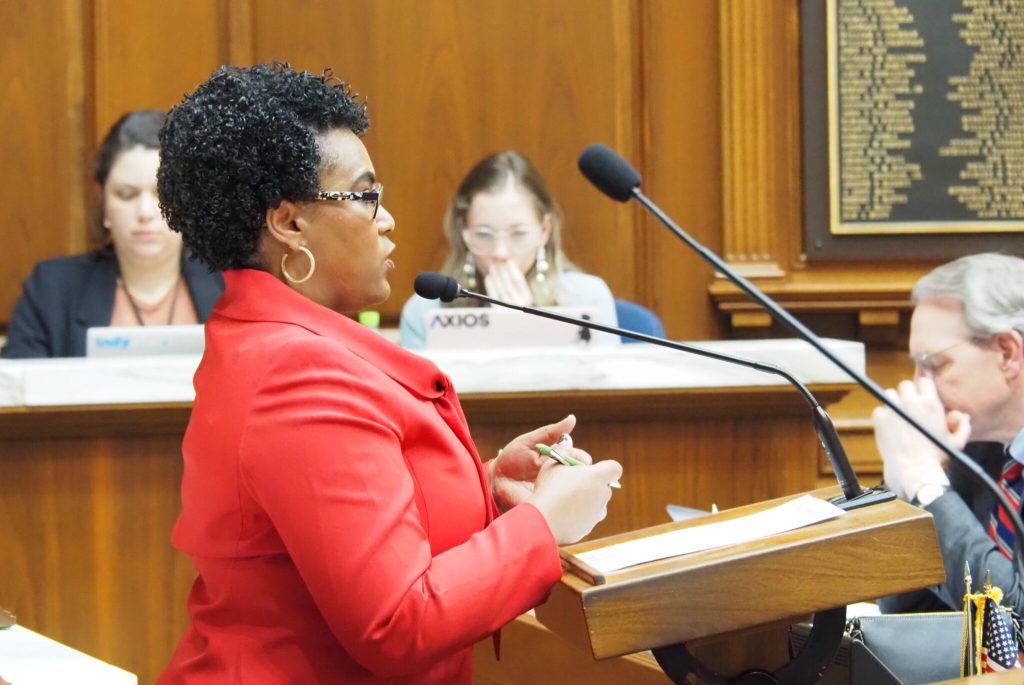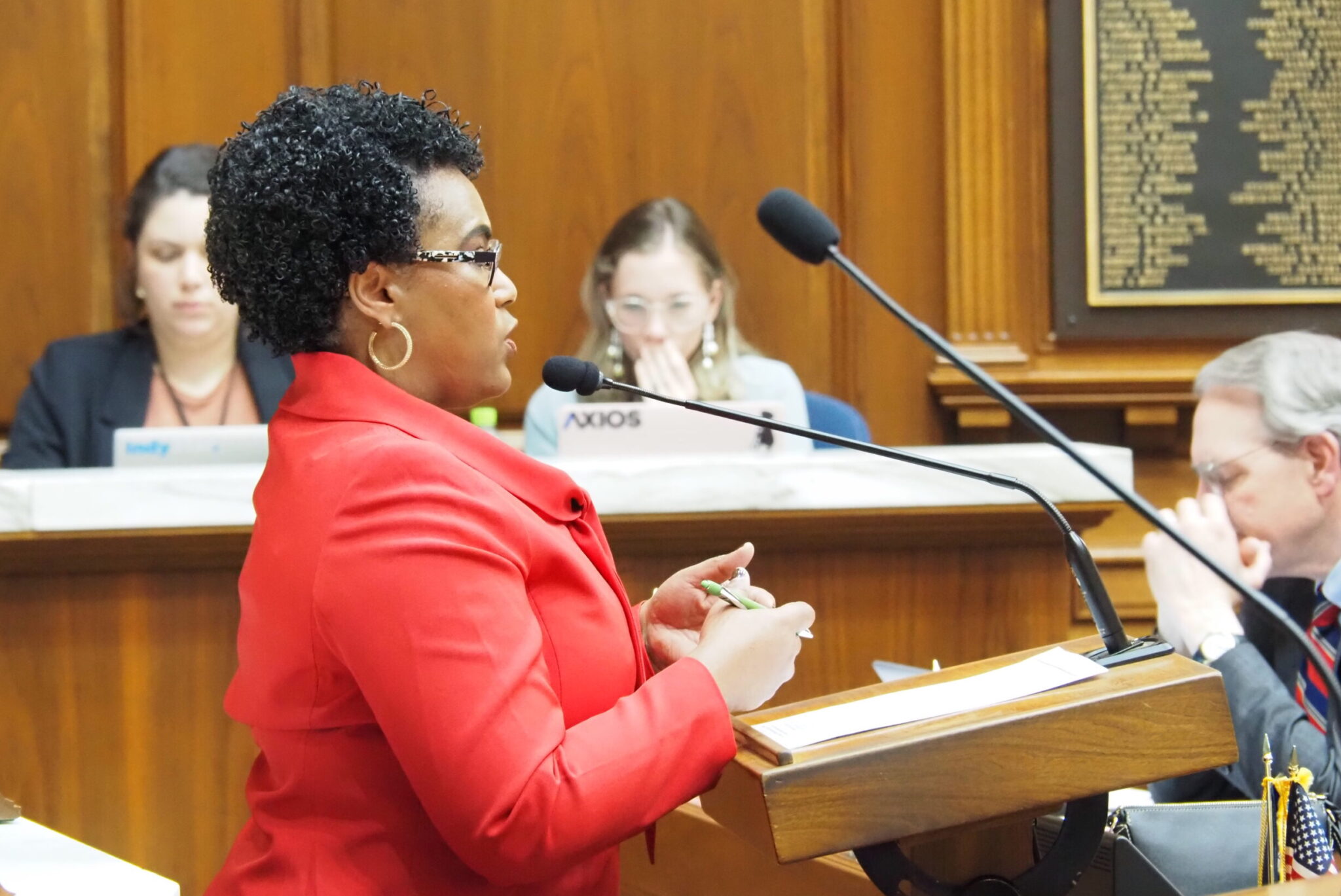
House Approves Controversial Bill Increasing Oversight on Nonprofits

**The Controversial H.R. 9495: Implications for Nonprofits and the Arts Sector**
On November 21, the United States House of Representatives narrowly passed H.R. 9495, the “Stop Terror-Financing and Tax Penalties on American Hostages Act.” Aimed at stripping tax-exempt status from nonprofits allegedly involved in illegal, disruptive, or terrorism-supporting activities, the bill has sparked widespread concern across civil rights organizations, activist networks, and the nonprofit sector. Significant alarm has also been raised by arts organizations, which could face serious repercussions under the new legislation if it becomes law.
### What is H.R. 9495?
The bill’s intent, according to the House Committee on Ways and Means, is to deny tax-exempt status to nonprofit entities that “materially support” terrorism or illegal activities. Specific examples cited by the committee include alleged financial ties between tax-exempt organizations and groups like Hamas, as well as funds funneled toward “antisemitic activities.” Simultaneously, the legislation promises tax relief for American hostages or detainees wrongfully held abroad.
While these goals may seem well-intentioned, critics argue the bill’s ambiguous language leaves room for substantial abuse. The executive branch, under the bill’s provisions, is granted vast powers to determine which organizations are engaged in “disruptive” or “terrorism-supporting” activities. Advocacy groups warn that this approach could be weaponized to target not only perceived political opponents but also organizations that advocate for controversial issues, such as pro-Palestinian groups.
### Concerns from the Nonprofit and Civil Rights Communities
Civil rights advocates and nonprofit defenders contend that H.R. 9495 jeopardizes First Amendment rights, including free speech and advocacy. Critics point out that the bill’s terminology, such as “disruptive activity,” is sufficiently vague to allow for arbitrary or discriminatory enforcement. The American Civil Liberties Union (ACLU), along with 300 other nonprofits, expressed concerns that the bill could stifle activism and intimidate organizations from voicing dissent on critical issues.
In a joint statement, members of a coalition of Arab and Muslim affinity groups described the bill as “a move designed to chill free speech and stifle advocacy on behalf of Palestinian human rights.” Their concerns extend to other political causes that may face similar challenges under the law’s sweeping provisions.
### Impact on Arts Nonprofits
The arts world, which relies heavily on nonprofit organizations for financial and operational support, could be particularly vulnerable. Museums, alternative art spaces, galleries, and educational institutions are among the many nonprofits that risk losing their 501(c)(3) tax-exempt status under the law if allegations are made regarding their activities. Such a loss could devastate organizations dependent on tax-deductible donations and grants to fund exhibitions, commissions, and programming.
Hrag Vartanian, Editor-in-Chief of *Hyperallergic*, commented that this legislation represents “a troubling turn of events” for the arts ecosystem. The law’s potential to deter new nonprofits from forming and its ability to financially endanger existing institutions could destabilize the landscape of cultural advocacy and education.
### Shifting Political Dynamics
H.R. 9495 has highlighted deep fractures in the U.S. political landscape. Although 52 Democrats initially backed the bill in its first vote on November 12, only 15 supported it during its successful reintroduction on November 21. Spurred by a markup hearing that required only a simple majority to pass, the legislation received overwhelming support from Republicans, pushing it across the line with 219 votes in favor versus 184 opposed.
Director-level advocacy organizations like the Independent Sector and the National Council of Nonprofits have echoed concerns over the bill’s potential for politically motivated enforcement. They argue that current legislative frameworks already allow for scrutinizing nonprofit organizations for ties to prohibited activities, rendering new legal measures redundant and prone to abuse.
### Broader Implications for Free Speech and Advocacy
The bill has also drawn significant criticism from legal experts and constitutional advocates for its potential to restrict free speech. A November 18 letter signed by hundreds of nonprofits warned Congress that the law could be exploited to punish political opponents, using “fear of crippling legal fees, the stigma of designation, and donors fleeing controversy” as tools for suppression.
Groups like Students for Justice in Palestine, frequently cited in discussions around the bill, have vehemently denied allegations of criminal activity. The framing of H.R. 9495, critics note, risks conflating legitimate political advocacy with criminal behavior, setting a dangerous precedent for suppressing dissent.
### The Senate’s Role and Uncertainty Ahead
H.R. 9495 now moves on to the Senate, where it faces a Democrat-controlled majority. While there’s significant pushback against the bill, its fate remains uncertain, especially given the polarized nature of the current political climate. The response from Senate Democrats, as well as potential lobbying